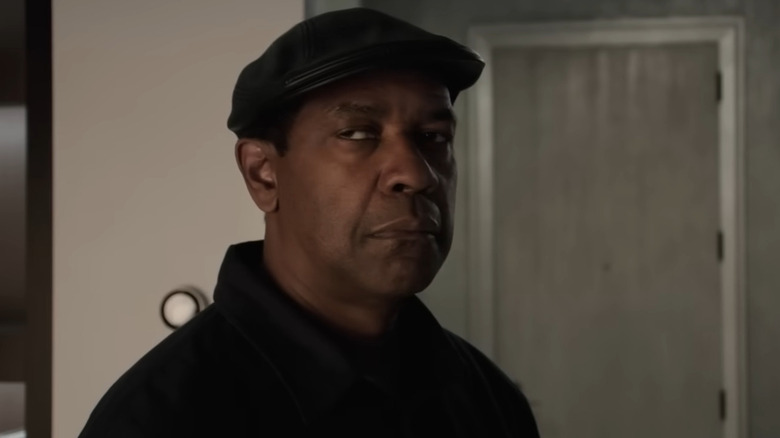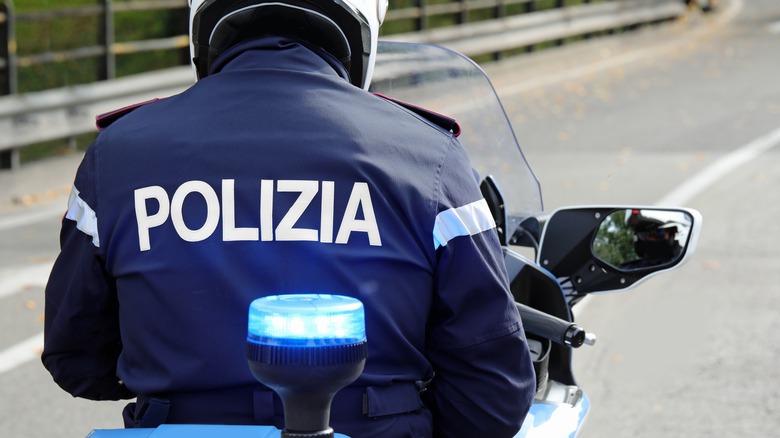The Equalizer 3: The True Story Behind The Camorra's Criminal Plotline
Contains spoilers for "The Equalizer 3"
The CIA-Camorra subplot in "The Equalizer 3" might feel larger than the movie's reality, but it fits rather well into our own.
From its opening scene, the new action thriller from director Antoine Fuqua begins building up a mystery to run in the background of its far simpler (and far more interesting) central plotline. While Robert McCall (Denzel Washington) goes to war with the Camorra (a type of organized crime operation) in his new southern Italian home, CIA agents Emma Collins (Dakota Fanning) and Frank Conroy (David Denman) investigate the fallout of Robert's assault on a vineyard with ties to the Camorra. They eventually discover that it's used to traffic drugs — the proceeds of which fund terror plots.
Surprisingly enough, this storyline bears a pretty strong resemblance to real-life events. The synthetic amphetamine commonly known as Captagon that appears in the film does in fact exist, primarily manufactured in and distributed from Syria just as Conroy explains to Collins. Conroy is also correct that it has been used by terrorist groups like ISIS, though the dangerous drug is also consumed by civilians in the region working physically demanding jobs, according to a report from AP.
Al Jazeera has reported that the U.S. government is wary of the potential for the drug to reach its borders and has imposed sanctions against the Syrian government, accusing the ruling regime of President Bashar al-Assad of exploiting the drug trade for profit. The Syrian government denies these allegations.
Is the Camorra really involved in the Captagon drug trade?
In "The Equalizer 3," the Camorra is depicted as working in collaboration with illicit Captagon exporters in order to profit off of the booming drug trade. This is essentially true and is a relatively recent development in the global Captagon trade.
According to The Guardian, Italian police combatting its spread throughout the country theorize that the Camorra began working with Syrian Captagon traders out of necessity during the COVID-19 pandemic. With the virus hitting Italy particularly hard in the early days of its rapid growth and forcing widespread lockdowns throughout Europe, the manufacture and distribution of synthetic drugs was apparently greatly disrupted. In order to keep the money flowing, the Camorra seemingly turned to Syria, where Captagon production had been able to maintain its pace. In exchange for distributing the drug, the Camorra would receive a cut of the profits.
CNN reports that in the summer of 2020, Italian authorities seized a shipment of over 84 million pills from the Camorra, thanks to their ongoing investigation of the criminal organization. The value of this shipment was estimated to have been north of $1 billion, which would make it the largest drug bust in history in terms of both dollars and the sheer amount of product seized.

